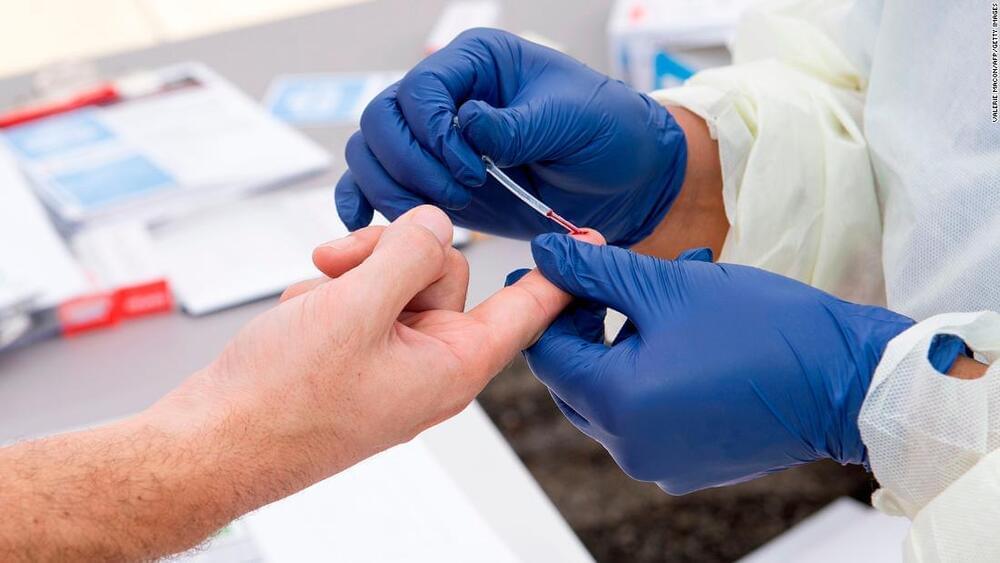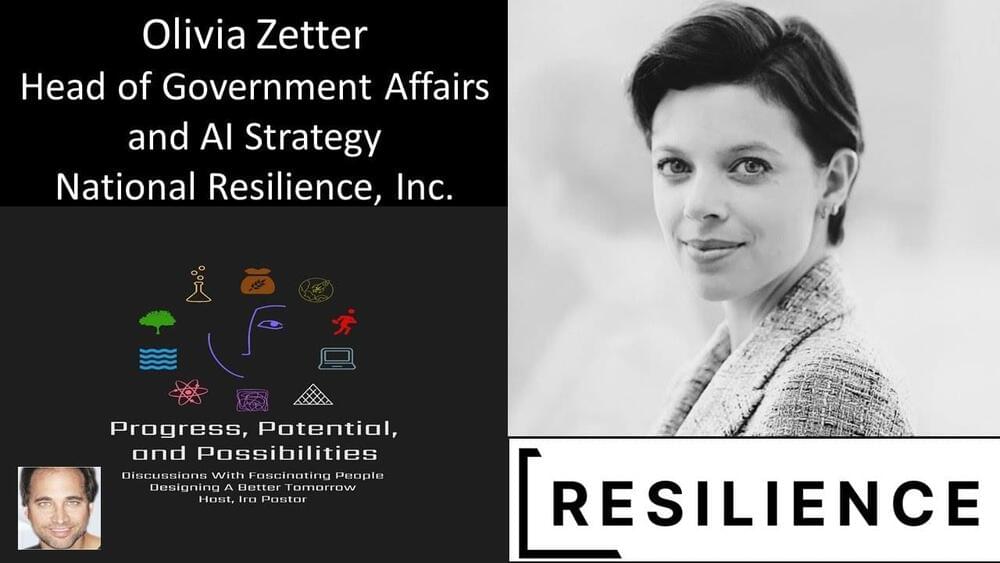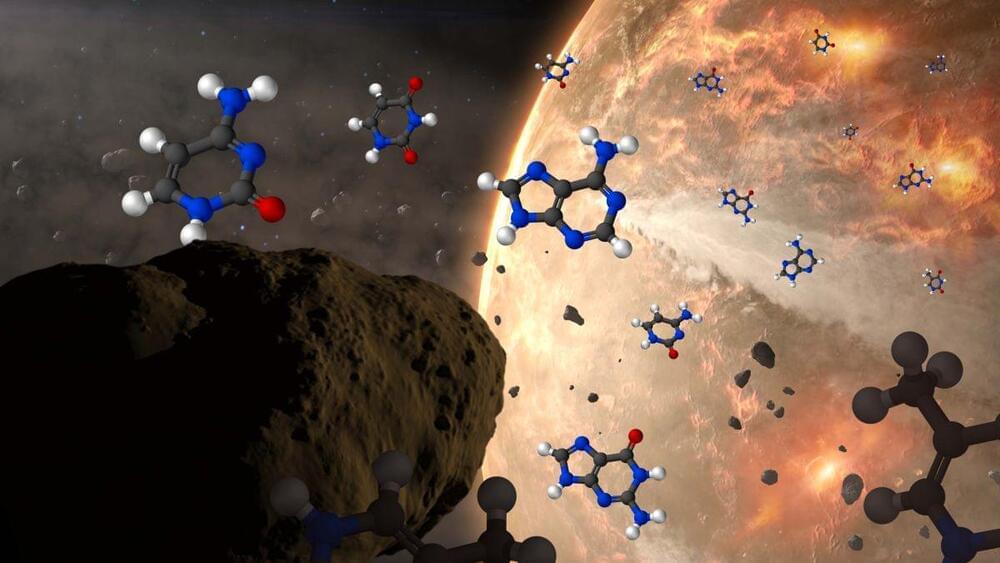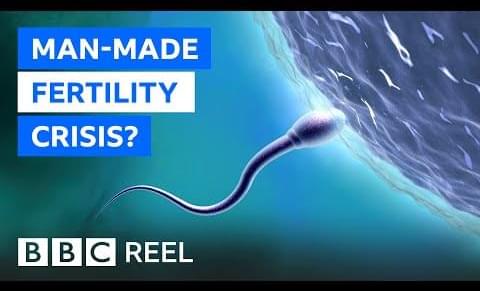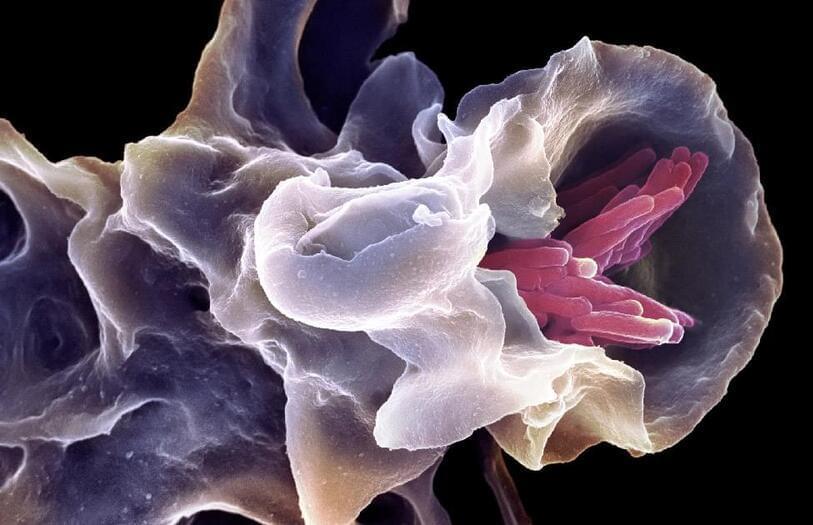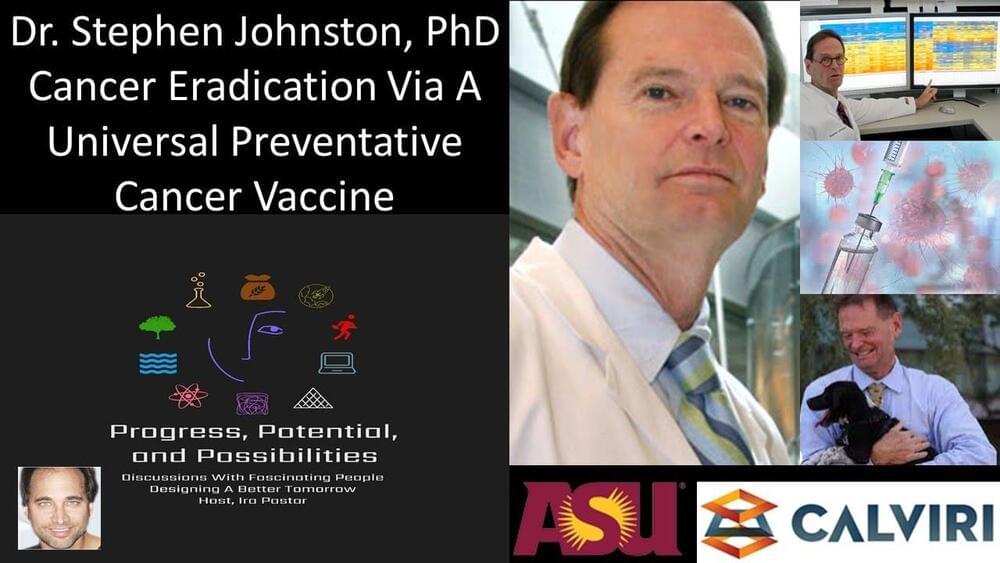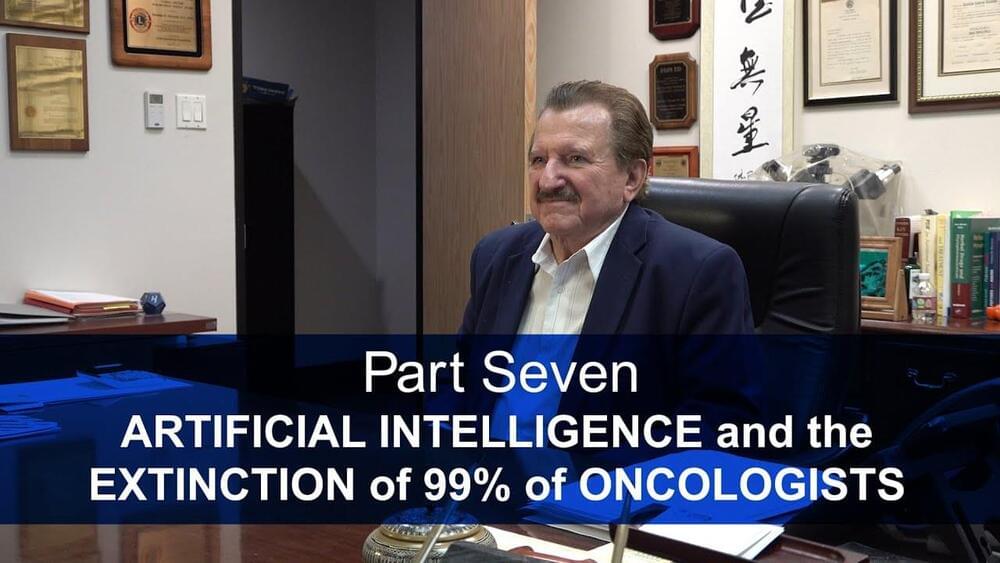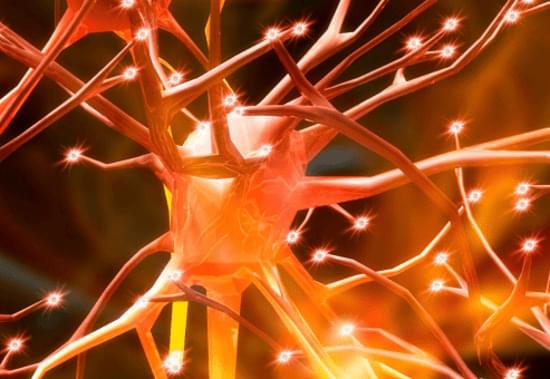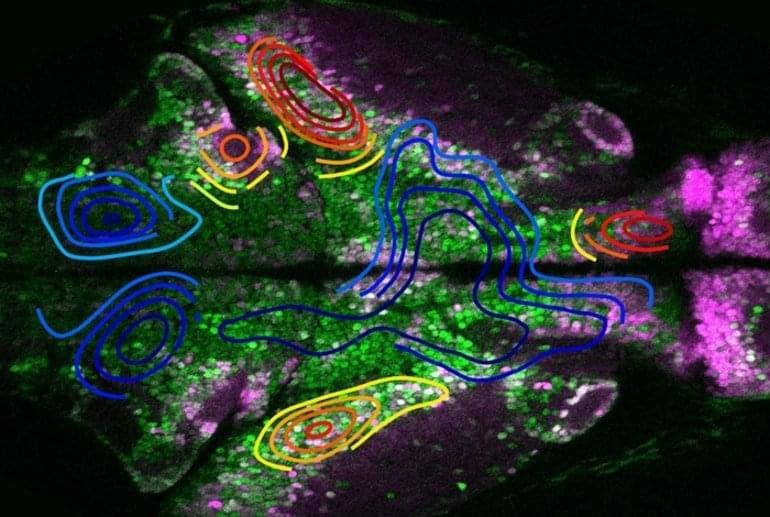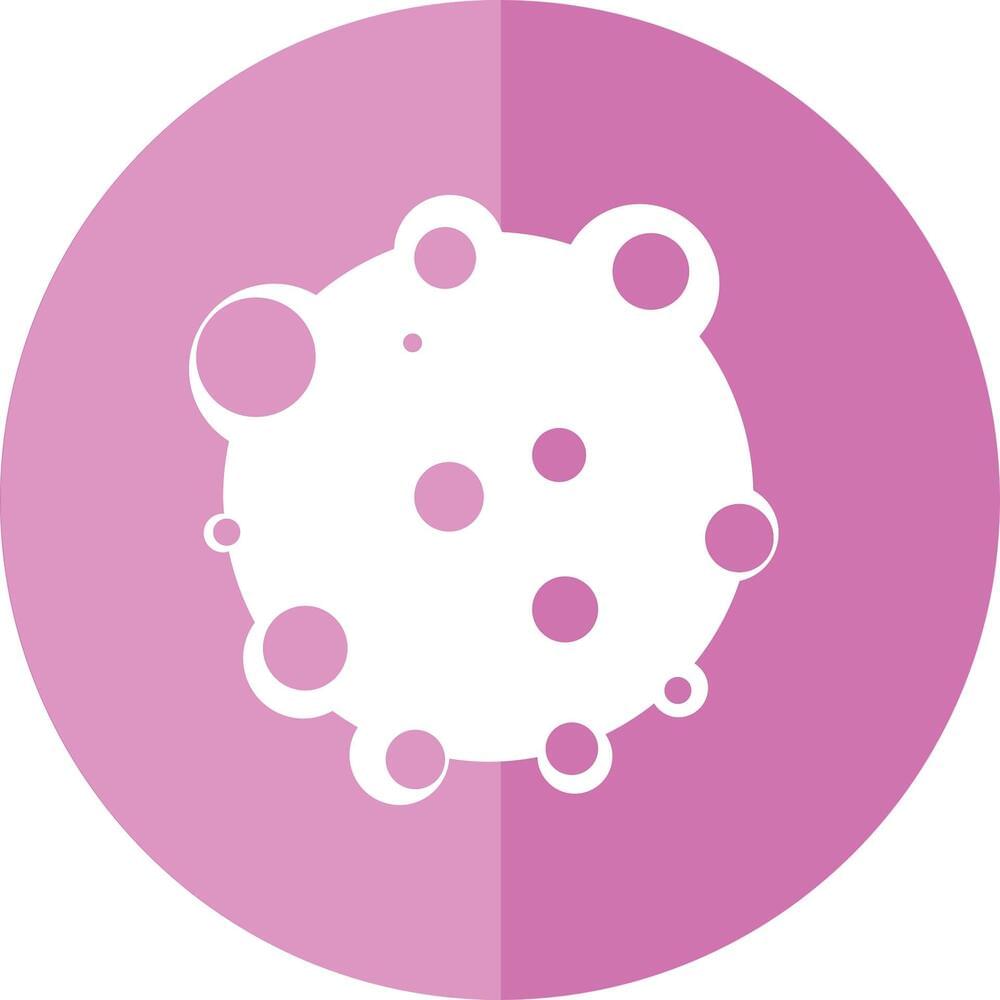Apr 26, 2022
Nearly 60% of Americans now have antibodies from Covid-19 infection, CDC study finds
Posted by Shubham Ghosh Roy in category: biotech/medical
Nearly 60% of adults and 75% of children have antibodies indicating that they’ve been infected with Covid-19, according to new data from the US Centers for Disease Control and Prevention.
The data come from an ongoing study of blood samples sent to commercial laboratories across the US.
At the beginning of December, an estimated 34% of Americans had antibodies showing that they had once been infected with the virus that causes Covid-19. By the end of February, after an avalanche of cases caused by the Omicron variant, that number had jumped to 58%.
